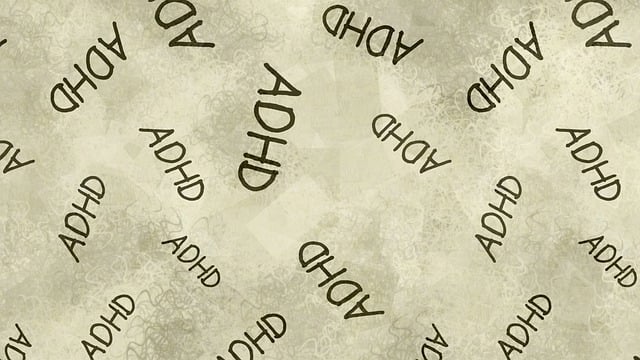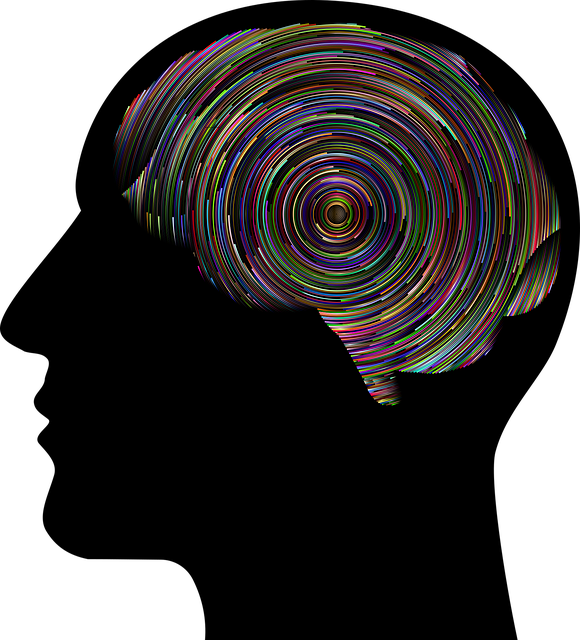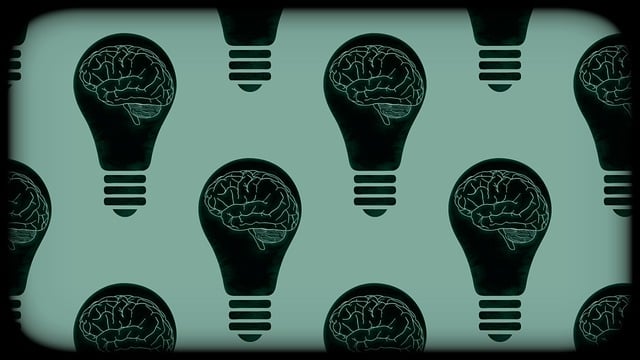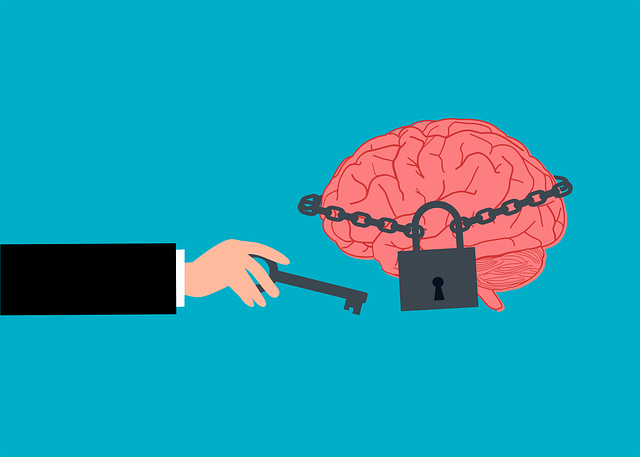Emotional intelligence (EQ) is a vital asset for those with Aurora Dissociative Disorder (ADD), offering improved well-being and mental health through therapy. ADD therapy focuses on techniques like Mental Wellness Journaling, Mindfulness Meditation, and Stress Reduction to enhance EQ, helping individuals process trauma, manage emotions, and build resilience. By integrating these practices, therapy fosters self-awareness and emotional regulation, enabling better decision-making and deeper connections in personal and professional life, ultimately showcasing the power of Aurora Dissociative Disorder Therapy as a transformative tool for enhancing emotional intelligence.
Emotional intelligence (EQ) is a powerful tool for personal growth and well-being. This article explores its multifaceted impact, delving into how EQ influences our mental health and overall satisfaction in life. We uncover a unique connection between Aurora Dissociative Disorder (ADD) and emotional intelligence, shedding light on the potential benefits of therapy in enhancing EQ. Through practical strategies, learn how to navigate ADD symptoms and foster better self-awareness, empathy, and regulation, ultimately transforming challenges into opportunities for personal development.
- Understanding Emotional Intelligence and its Impact on Well-being
- Unveiling the Connection between Aurora Dissociative Disorder and Emotional Intelligence
- Practical Strategies for Enhancing Emotional Intelligence through Therapy
Understanding Emotional Intelligence and its Impact on Well-being

Emotional intelligence (EQ) is a powerful tool for enhancing well-being and overall mental health. It involves recognizing, understanding, and managing one’s own emotions, as well as empathizing with and responding appropriately to the emotions of others. This ability to navigate and connect with our emotional landscape is crucial in all aspects of life, from personal relationships to professional success.
For individuals dealing with complex conditions like Aurora Dissociative Disorder, building emotional intelligence can be transformative. Therapy sessions focused on this aspect often incorporate valuable techniques such as Mental Wellness Journaling Exercises and Mindfulness Meditation to help clients gain a deeper understanding of their emotions, process traumatic experiences, and develop healthier coping mechanisms. Stress Reduction Methods are also integral to fostering resilience and promoting a sense of calm, ultimately contributing to improved mental wellness.
Unveiling the Connection between Aurora Dissociative Disorder and Emotional Intelligence

The connection between Aurora Dissociative Disorder (ADD) and emotional intelligence is a fascinating and complex topic. ADD, characterized by frequent shifts in attention and awareness, can both challenge and enhance an individual’s ability to understand and manage their emotions. Therapy for ADD often involves strategies that build inner strength and confidence, fostering a deeper connection with one’s feelings. By learning effective stress management techniques, individuals with ADD can improve their emotional intelligence, enabling them to navigate life’s complexities with greater resilience.
Aurora Dissociative Disorder therapy focuses on helping individuals integrate fragmented aspects of their psyche, thereby improving their self-awareness and emotional regulation skills. This process is crucial for developing emotional intelligence, as it encourages a holistic understanding of one’s emotions and the emotions of others. Through therapy, those with ADD can gain valuable insights into their inner world, leading to enhanced decision-making and more meaningful interactions in personal and professional settings.
Practical Strategies for Enhancing Emotional Intelligence through Therapy

Emotional intelligence (EI) is a vital skill for navigating life’s challenges and fostering meaningful connections. Therapy plays a crucial role in enhancing EI, offering tailored strategies to help individuals understand and manage their emotions effectively. Aurora Dissociative Disorder Therapy, for instance, focuses on integrating various therapeutic approaches to support clients in recognizing and regulating their emotional responses.
Through therapy sessions, individuals can develop practical tools for cultivating positive thinking and boosting confidence, which are essential components of EI. Therapists guide clients in identifying triggers for stress and anxiety and teach them healthy coping mechanisms. By learning techniques for stress management, individuals gain better control over their emotional states, enabling them to respond mindfully and adaptively to life’s demands.
Emotional intelligence, a key factor in overall well-being, can be enhanced through therapy, especially tailored for individuals with Aurora Dissociative Disorder. By understanding and managing emotions, one can improve relationships, reduce stress, and lead a more fulfilling life. Practical strategies outlined in this article provide a roadmap for developing emotional intelligence, offering hope and practical steps towards personal growth and healing for those affected by Aurora Dissociative Disorder.








